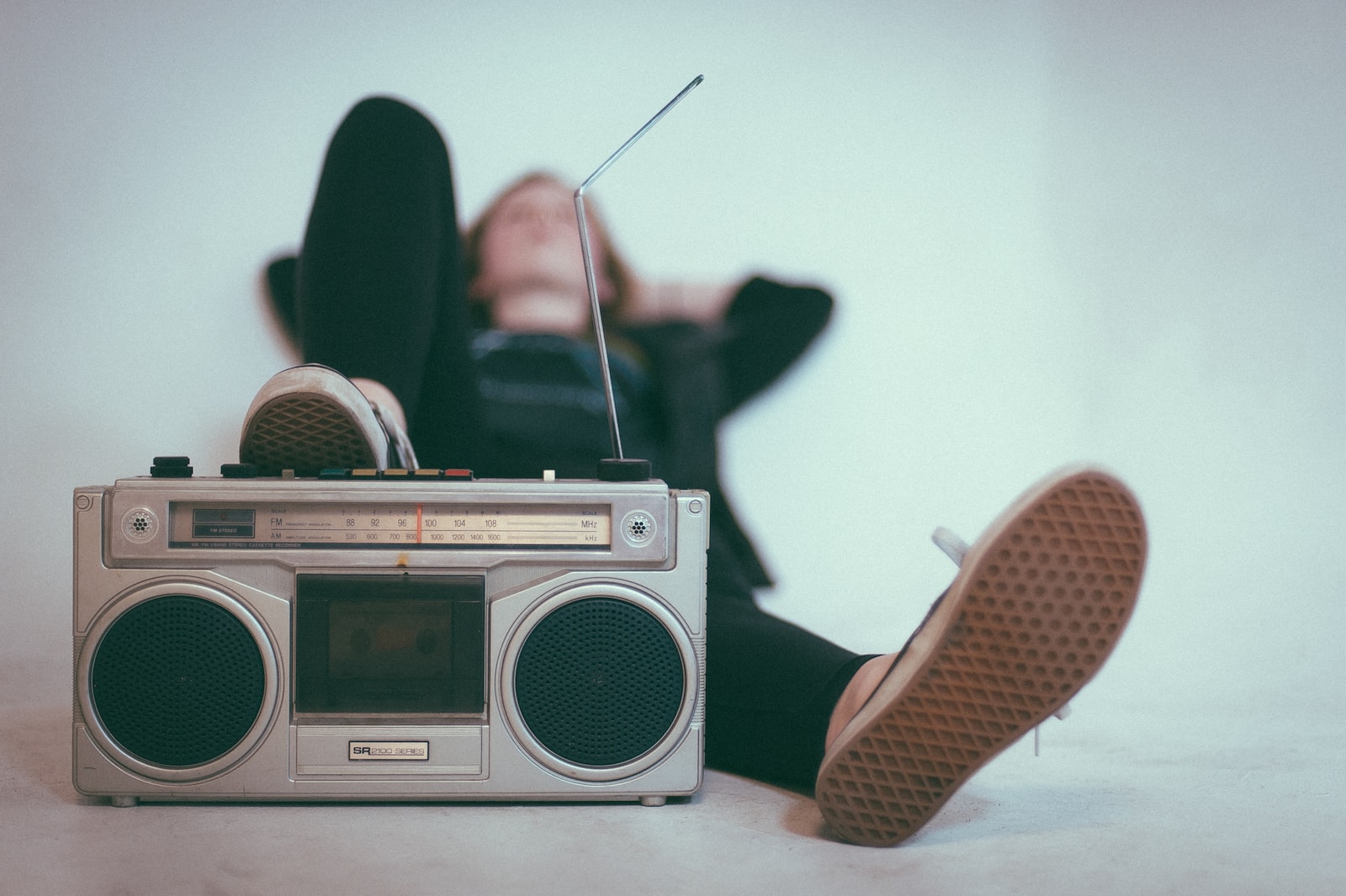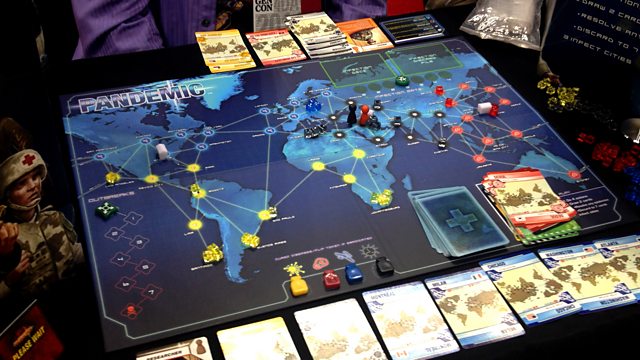
I had a bit of a headache earlier this evening, so I decided to take it easy, started browsing randomly and found the above on Mixcloud – a recent nostalgic look back at my favourite radio music programme ever, ‘The Blue Room’.
The Blue Room’ played from 5 am till 7 am on Saturday and Sunday mornings on BBC Radio 1 in the mid-2000s, hosted by DJs Rob da Bank and Chris Coco respectively. The programme was made with a “post-club” spacey feel, with eclectic music from across the genres. It catered to those just coming home from the night before but also dedicated songs to those early morning workers (“milkmen and mid-wives”) who fancied a bit of a low-key boogie on their way out.
My own experience of listening to The Blue Room stems from late 2004 when I was going through a difficult period. I had just dropped out of university. I had no job. I was living in student digs which my flatmates and I did not maintain well. I had no idea what to do with my life post-dropping out or even how to get started.
I was in the habit of staying up very late and would listen to Radio 4 methodically on my little clock radio which, with no TV or internet in the flat, was my main connection to the world outside my little bubble. At the time, I listened to Radio 4 methodically. So much so I could practically tell the time by what was playing on its strict programming schedule. I would listen to ‘Sailing By’ and the Shipping Forecast and the final broadcast of ‘God Save the Queen’ as the station transitioned into the World Service at 1 am. And I’d listen to that too.
Early one morning – very early one morning – I must have switched over to Radio 1 – probably trying to find some background music so I could finally get to sleep. And I found ‘The Blue Room’
The hosts’ calm, breathless and welcoming manner really communicated their enthusiasm towards sharing the music they’d discovered. The playlist wasn’t based on the latest trends from ‘the scene’, but rather felt like it was joining the dots between disparate points which somehow all held some common ‘Blue Room’-ness. They’d play music like Flunk’s covers of New Order songs, they had a special ‘Dub Club’ segment in the middle of the show, and they would host mixes by the likes of Múm, Coldcut, and Air.
For me, it was a cosy invitation to enjoy music I’d never heard before, at a time of day when the rest of the world was completely silent. The programme would (depending on the time of year) take its listeners from pre-dawn, through sunrise and into the time when normal people started waking up.
I distinctly remember hearing ‘Oxygen’ by Willy Mason for the first time on the programme. The song was a bit of an anthem for millennials like myself who were on the doorstep of adulthood and just finding their way. And while the song didn’t push me into sorting my life out straightaway, it remained a touchstone for me for a long time.
I continued to listen to the programme for years, even as I (slowly) pulled myself together. Even when working a full-time office job with a substantial commute, I would set my alarm for 5 am at weekends and listen to the Blue Room while still in bed, listen to the tunes and enjoy the sunrise. I’d record the programmes on my computer and save them to an MP3 player to listen to later.
Now, as I’m approaching my forties, I don’t feel as strong a connection to music as I used to. Or at least new music – my Spotify playlists are all music I’ve liked for a decade or more and I’ve only been to one gig in recent years. So it was nice to listen to the above mix and remind myself of a time when finding new and varied music meant so much to me.
